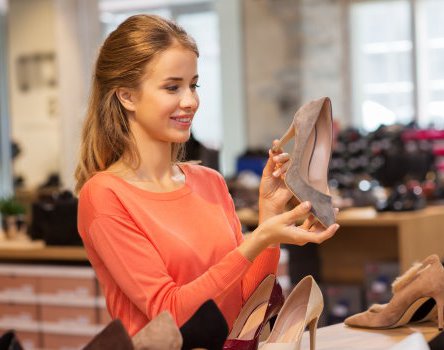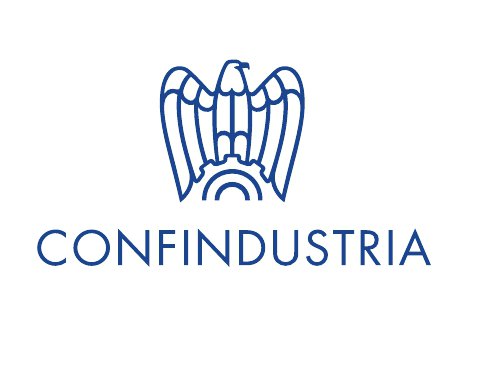Apiccaps presents the document with the projections of the latest Business Condition Survey. World Footwear's panel of experts believes that the largest growth (8.9%) is expected to be recorded in Asia, followed by South America (7%) and Africa (6.8%). In Europe the growth forecast is 5.2% and in North America 2.5%.
With regard to the amount of footwear sold, 64% of respondents expect this value to grow and 22% to stabilize. Respondents in Asia and South America are more optimistic than on any other continent, with 80% expecting sales to increase.
According to the Business Condition Survey – which had 108 valid responses from experts from Europe (48%), Asia (22%), North and South America (14% and 9%) and Africa (7%) - 2022 will be growth for footwear industry, with consumption and prices growing. But in this scenario, concerns about inflation, raw materials and war are also increasing, conditioning the normal functioning of the market.
One year of recovery
The most recent data on footwear trade point to a very positive manufacturing recovery period in 2021. When compared to 2020, imports increased in most major global footwear markets. However, inflation, rising energy prices and the war have changed initial economic growth projections for this year. The latest projections from the International Monetary Fund and the World Bank estimate softer growth in world GDP by 2022.
Still, the majority of respondents to this edition of the Business Conditions Survey believe that 'business health' in the next six months will be strong (53%) or very strong (15%).
Prices
Energy and commodity prices have been rising rapidly in recent months in different parts of the world , so 97% of experts believe it is very likely (69%) or likely (28%) that the price of footwear is adjusted over the next six months.
On average, experts expect price increases to be around 8.4% next semester, with a maximum of 9.8% in Europe and a minimum of 5.7% in North America.
Expectations for the evolution of prices in footwear retail are high: half of experts expect prices to increase (between 5% and 20%) and 35% expect them to increase moderately (between 1.5% and 5%) over the next six months.
Employment
There is a more optimistic general expectation about employment developments, with Europeans revealing the least optimism: 48% of respondents expect employment stabilize and only 39% predict swells .
Conditions
The main difficulties pointed out by the majority of respondents are the cost of raw materials or goods (84%); problems with the workforce (40%) and financial difficulties (28%) are equally relevant.
Digital growth
About two-thirds of the experts surveyed believe that digital retail channels will gain importance in the sale of footwear over the next three years. Forecasts are much more 'sober' for physical stores, with only a third of respondents believing they will grow in the next three years .
Among physical stores, large-scale retailis expected to perform better than other formats. Views on developments in other unspecified retail channels remain positive, but are lower than in the previous edition of this survey
According to Luís Onofre, "despite the alarm signs caused by an unexpected conflict in Europe, the signals from this survey seem to confirm the good indicators that 2022 will be a year of recovery of the footwear sector internationally." We hope that this will be a year of affirmation of Portuguese in foreign markets", underlines the President of APICCAPS.



